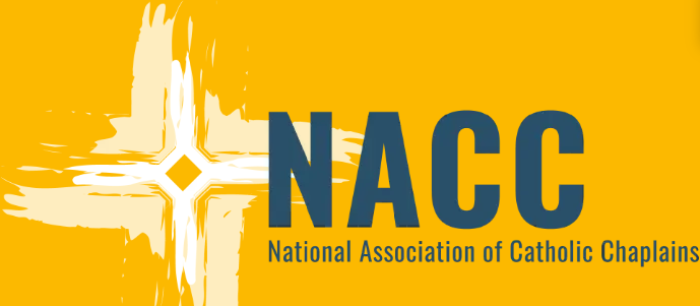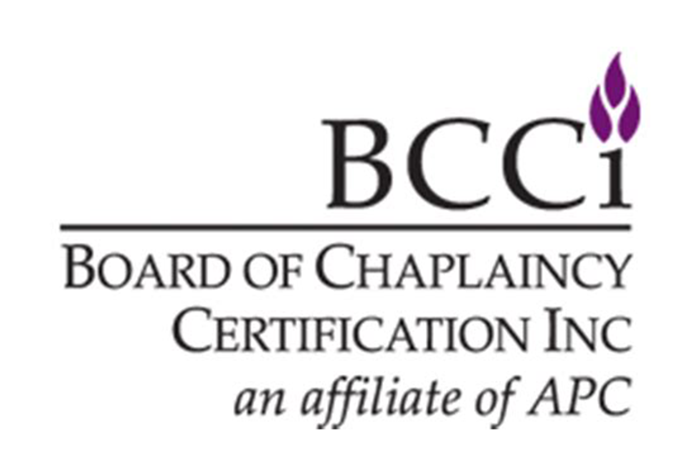CPSP recognizes the importance of forming partnerships in the world of Clinical Chaplaincy and Clinical Pastoral Education. Just as in the practice of spiritual care, different individuals bring different strengths and perspectives, so too do different organizations bring important strengths and perspectives to our work. With this philosophy in mind, CPSP has been intentional about forming partnerships with cognate groups who are also doing important work in the world of spiritual care.
One area where that has been particularly fruitful is in recently partnering with both the National Association of Catholic Chaplains (NACC) and the Association of Professional Chaplains (APC) and one of its affiliated entities, is the Board of Certified Chaplains, Inc (BCCI). Although CPSP has - and continues to - certify professional chaplains, it is important to us that our CPE trained chaplains have multiple opportunities to have their education and training recognized.
In the past few months, both the APC and NACC reviewed our standards for certification and accreditation, and they recognized that our CPE centers are providing high-quality Clinical Pastoral Training. CPSP put together a team made up of David Plummer, Hillel Fox, Jacob George, and Craig Stevens to apply for recognition with both organizations.
We are thrilled to share with you that both the NACC and APC have announced that they will now fully recognize all CPSP CPE/CPT units that are earned within a CPSP- accredited program under the supervision of a CPSP Diplomate Supervisor.
Although we, within our organization, are aware of the high level of training that takes place in our CPSP centers, this adds another layer of credibility to our organization within the Clinical Chaplaincy and Clinical Pastoral Education and Training world.
Why does this matter to you, the CPSP member?
Our CPE trainees are more marketable in the world of healthcare as different hospitals and facilities recognize different certifications.
This also increases our training centers' ability to recruit CPE trainees, as they now know that their units are fully recognized by two important and highly regarded entities.
This opens the door for CPSP trained CPE students to apply for the nation’s largest healthcare provider, the US Department of Veterans Affairs (VA).
It is important to note that completion of CPE units does not guarantee that a trainee will gain board certification. As with our own clinical credentialing, CPE is just one step in the Board Certification Process.
This announcement in no way changes the importance of gaining certification as a clinical chaplain within CPSP. The NACC and APC announcements actually reinforce the value of our clinical certification. This just adds other option to those seeking certification.
Nor does anything change about the way we do CPE. All of our answers to the application questions were drawn directly from one of five sources:
CPSP Accreditation Manual
CPSP Certification Manual
CPSP Standards Manual
CPSP Code of Ethics
CPSP Covenant
This recognition applies only to CPSP CPE Trainees who earn their units from CPSP Diplomates and CPE accredited centers that are in good standing with the organization. That includes adherence to CPSP’s ethical standards, current credentialing, and compliance with our bylaws and governance structures. Units offered by individuals or centers not in good standing will not be eligible under this approval.




